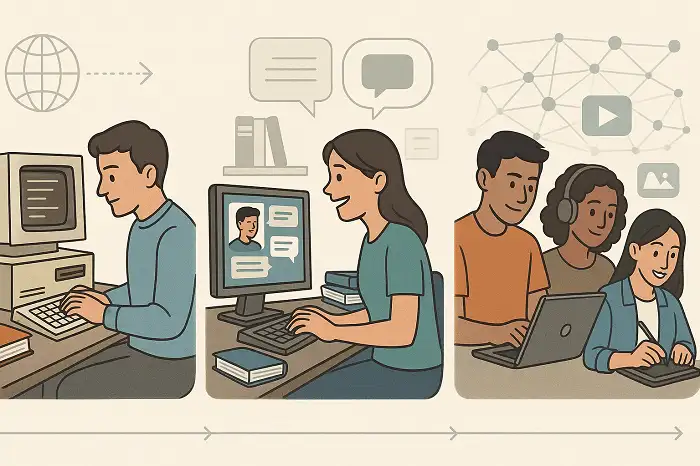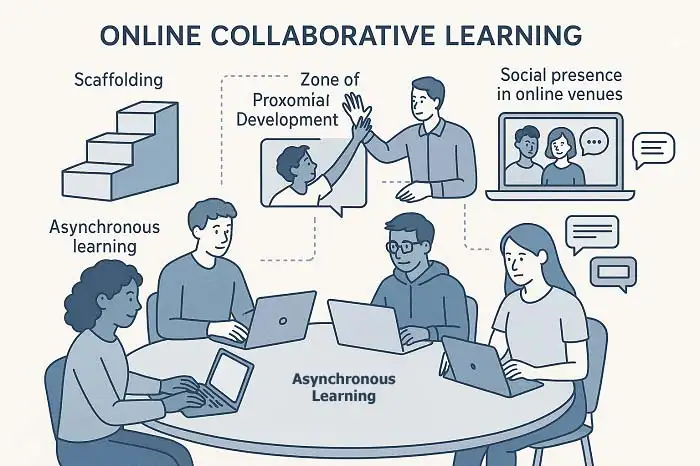IELTS Listening Practice Origin of English IELTS Listening Practice Origin of English About this activity This activity is labeled round table by Dr. Hariri, the creator and administrator of LELB Society. This activity is on the premise of Flipped Learning, according to which the students watch a video before the class, carry out research into the selected theme, and prepare themselves for an informed discussion in the class. This activity is on the basis of both synchronous and asynchronous computer-mediated communication (CMC), according to which the students are also encouraged to be active even before the class. In this flipped classroom activity, the students are encouraged to utilize the comment form at the bottom of the post to to exchange their questions, findings, and ...
Home » Listening Practice in English » IELTS Listening Practice Origin of English

IELTS Listening Practice Origin of English
Updated: by Dr. Mohammad Hossein Hariri Asl
Time to Read: 5 minutes | 294 Views | 25 Comments on IELTS Listening Practice Origin of English
Share This Post
About the Author
Dr. Mohammad Hossein Hariri Asl is an English and Persian instructor, educator, researcher, inventor, published author, blogger, SEO expert, website developer, entrepreneur, and the creator of LELB Society. He's got a PhD in TEFL (Teaching English as a Foreign Language).
Number of Posts: 4243



7. Could you pronounce the below word, please?
“Southern”
The word “southern” is pronounced as /ˈsʌðərn/ according to the International Phonetic Alphabet (IPA). The symbols represent the sounds as follows: /sʌ/ for the first syllable, with the “ʌ” representing the vowel sound in “cup,” and /ðərn/ for the second syllable, where “ð” represents the “th” sound as in “this.”
6. What is the ancestor of Proto Germanic?
Corrections:
Proto-Germanic
That is correct. Thanks a lot for your peer-assessment.
You’re most welcome.
Thanks.
You’re welcome.
Proto-Indo-European
That’s correct. Thank you.
5. How did Vikings make some changes in English?
They added more words from Old North when they invasion of other countries.
Corrections:
1. old north ➡ Old Norse
2. they invasion of ➡ they invaded
Thanks
You’re most welcome.
4. What comparison is there between Latin and English language?
Corrections:
… languages
3. Which languages are most basic words in English?
This question is ambiguous and semantically weird.
2. What are some of English’s more distant relatives?
Hindi, Persian and the Celtic languages are more distant relatives of English.
That’s right. Thank you so much for answering the questions via commenting.
1. When and how did English borrow so many Latin-based words?
When Norman invasion of England in 1066.
Corrections:
When the Normans invaded …